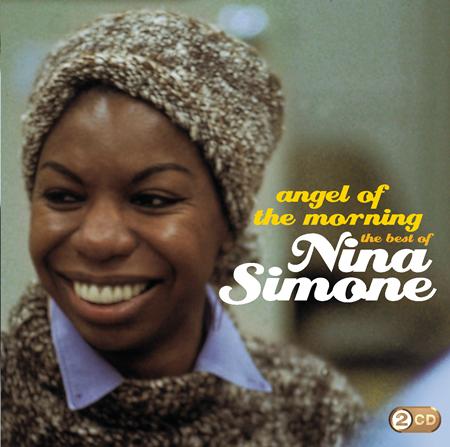


Modern standards like ‘Feeling Good’ and ‘Sinner Man’ are etched into the collective consciousness, tracks like ‘See-Line Woman’ remixed for the dance floor time and again,’I Loves You Porgy’ and ‘My Baby Just Cares For Me’ among the tenderest ballads on tape, and cover versions of Bob Dylan and the Beatles superseding their originals. However, it is for her music that she will always be remembered. Abusive relationships, financial woe and a latterly diagnosed bipolar disorder haunted her private life, leading to self-imposed exile in Barbados, Liberia and finally Paris. Born into a preacher’s family, her exposure to gospel and the intense, often desperately lonely training as a classical pianist shaped the form of her music it was her subsequent exclusion from music school because of the colour of her skin that shaped her politics.ĭespite her visible strength as both an outspoken activist and incandescent performer, Simone struggled like few others. It was a battle that would define Simone’s life and career.Īs a child, Simone was ritually exposed to the inequalities of life in North Carolina. The track was banned across several southern States, and radio promos were sent back cracked and broken. An entertainer turned activist, a fearless black woman who could stand in front of a paying audience and bellow “you’re all going to die, and die like flies” with ferocious intent. The transformation that took place across the four and half minutes of ‘Mississippi Goddam’ maps that of Simone’s 40-album strong discography. The silence in the auditorium is deafening. “I bet you thought I was kiddin’, didn’t you?” she resumes. By the time she returns to the microphone to address the audience again, the mood had changed. What they get instead is a woman transformed by the relentless horrors and humiliations of the African American experience. The audience laughs, all set for an irreverent romp. Beginning with the jaunt of a show tune, Simone quips with the audience: “The name of this tune is ‘Mississippi Goddam’… And I mean every word of it”. The bombing of the 16th Street Baptist Church in Birmingham, Alabama by the KKK which had left four black girls dead was barely six months old, but it took Simone just an hour to pen ‘Mississippi Goddam’. But rather than polite themes from show tunes and restive ballads, Simone’s ’64 performance bristled with a new energy. In March 1964 she took to the stage at New York’s Carnegie Hall in front of an audience of largely white, affluent jazz enthusiasts expecting an evening similar that of a recording made in the Hall the previous year. Recording over 40 albums, from show tunes to Civil Rights anthems, her’s was a message that was indistinguishable from the music.Īnd it’s on that uncomfortable juncture between show tunes and Civil Rights that Simone’s career hinged.

A troubled icon whose defiance and singular voice has influenced a generation, there has never been an artist quite like Nina Simone.


 0 kommentar(er)
0 kommentar(er)
